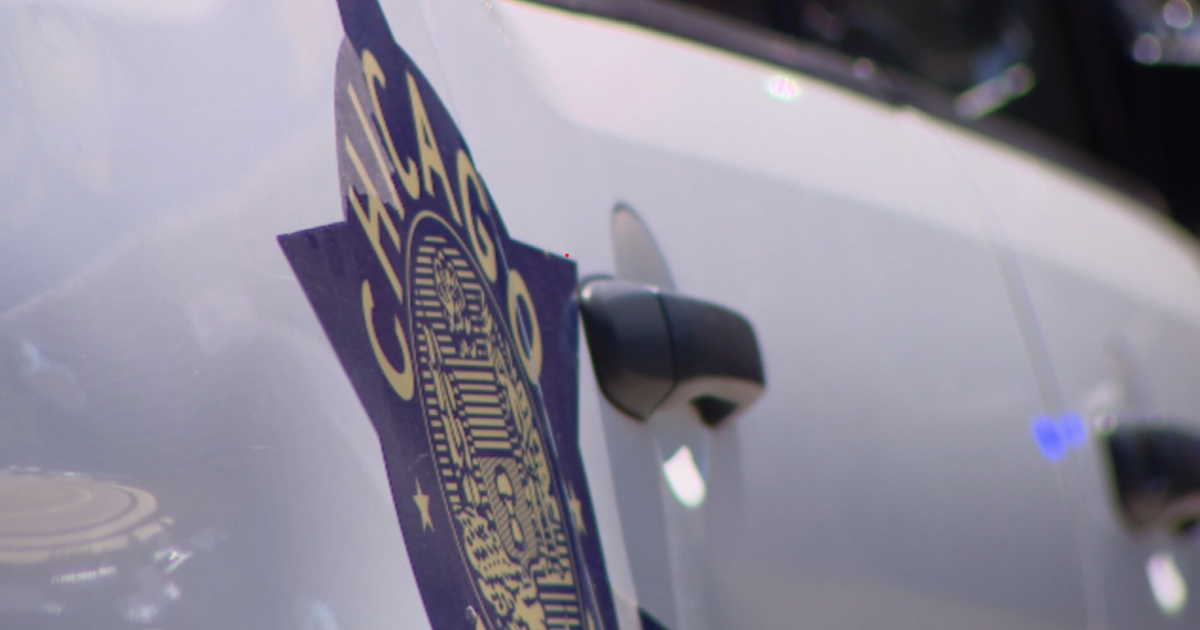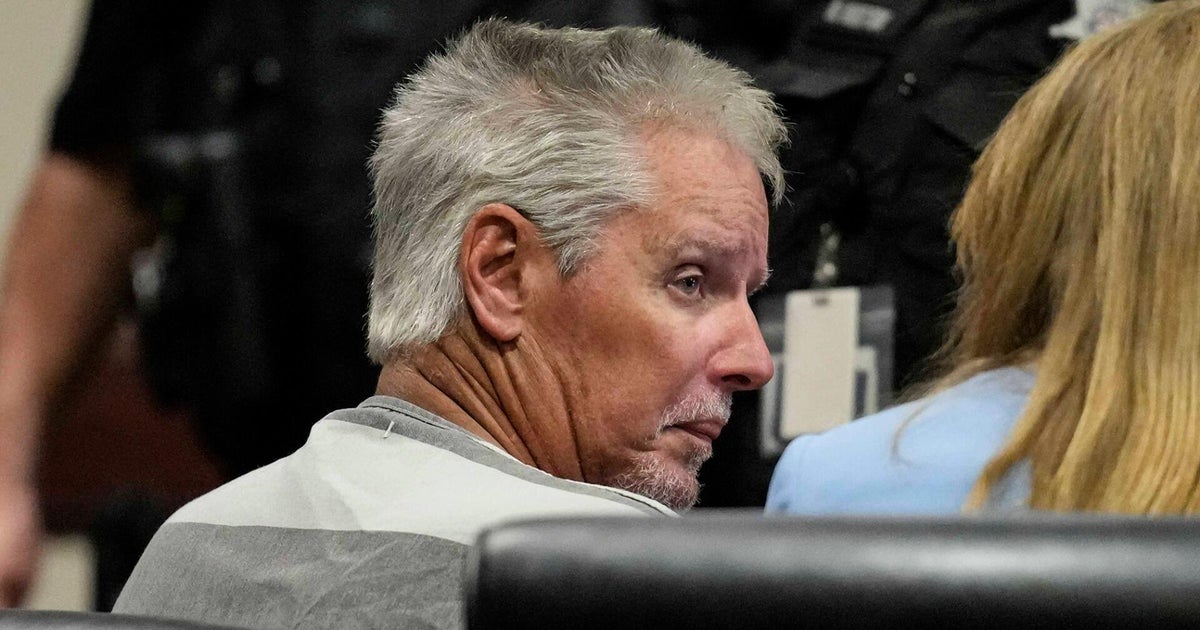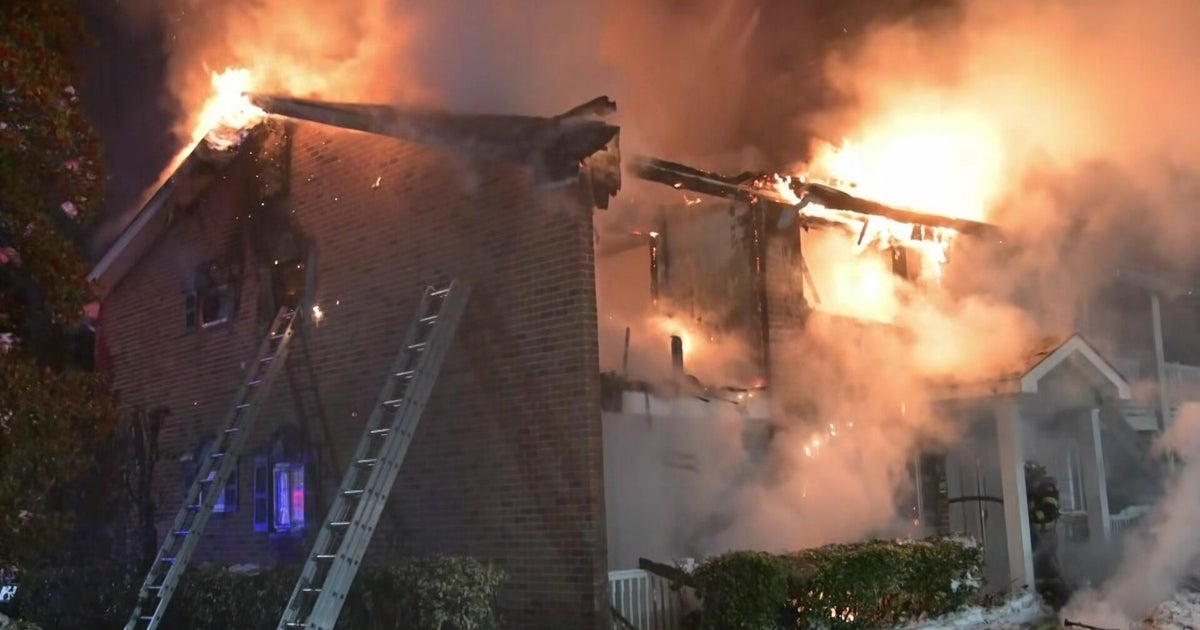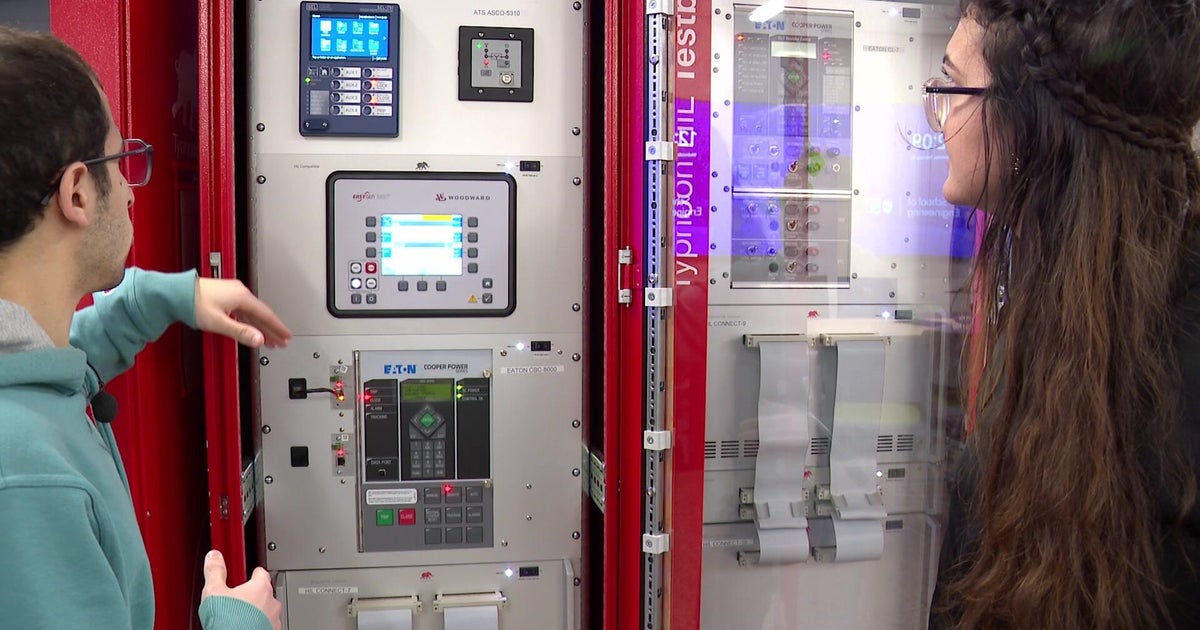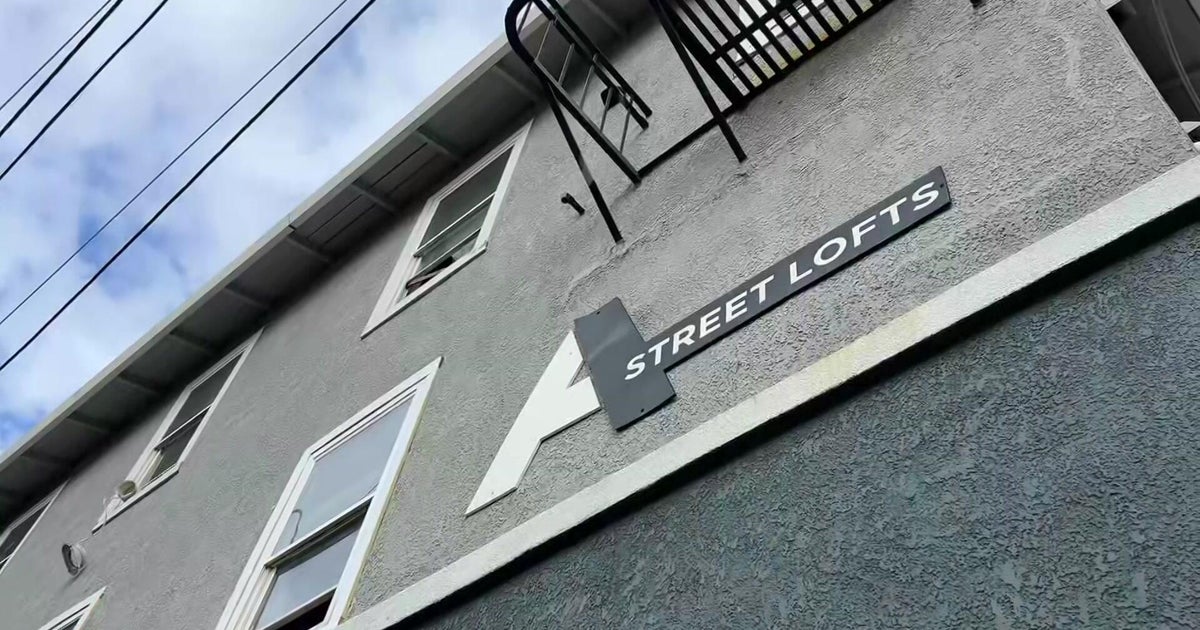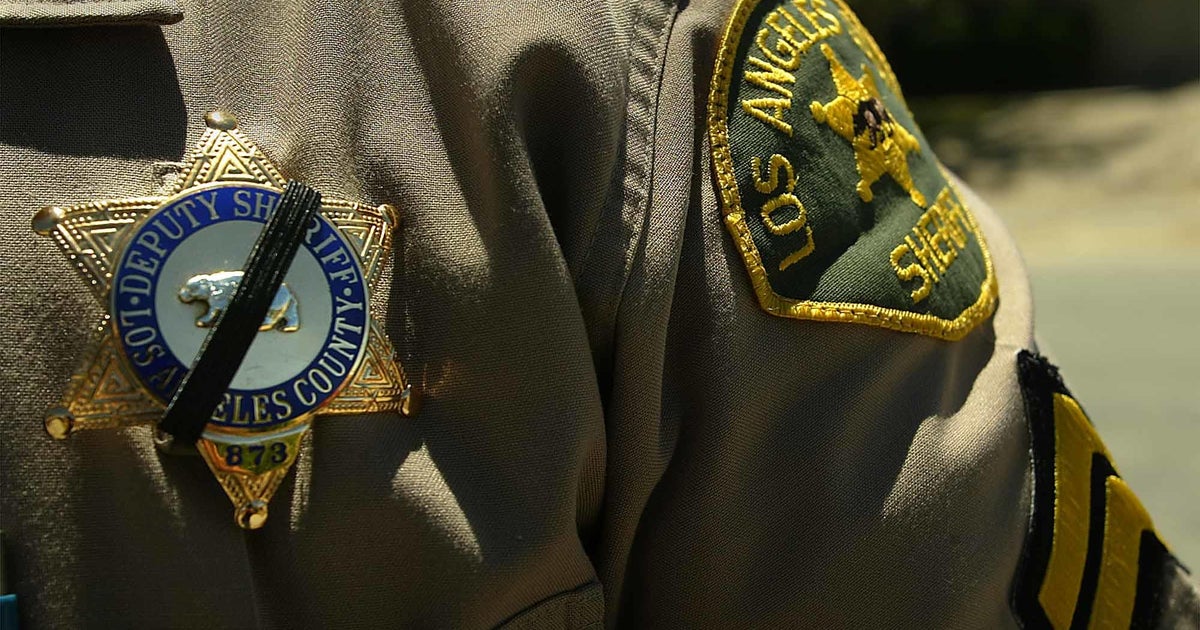More Chemotherapy As Cancer Returns For Cardinal George
UPDATED: 3/7/14 11:11 p.m.
CHICAGO (CBS) -- Cardinal Francis George will undergo a new round of aggressive chemotherapy, after his doctors found fresh signs of cancer surrounding his right kidney.
CBS 2 Chief Correspondent Jay Levine reports the cardinal will have a stronger chemo treatment every few weeks for two to three months, and will reduce his schedule. His first treatment was last week, sources told CBS 2.
The cancer is isolated to his kidney and has not spread to his bones, lymph nodes or blood.
Pope Francis has been informed of George's cancer diagnosis and "he is following it closely and praying for the Cardinal," said Holy See spokesman Fr. Thomas Rosica, CSB.
Cardinal's Cancer Returns
The cardinal wrote about his diagnosis in a column for Lent for the Catholic New World newspaper.
"My cancer, which was dormant for well over a year, is still confined to the area of the right kidney, but it is beginning to show signs of new activity," he wrote.
In February 2013, the cardinal said his doctors had given him a clean bill of health after finding no signs of cancer activity. However, on Friday, the Chicago Archdiocese announced his doctors now have found signs of cancer activity in his right kidney.
"After many tests, scans, biopsies and other inconveniences, the settled judgment is that the best course of action is to enter into a regimen of chemotherapy, with drugs more aggressive than those that were used in the first round of chemo. This treatment will take place over the next two months, when my reaction to the chemo will be evaluated," George wrote.
The Archdiocese said the cardinal plans to keep his administrative and public schedule while he undergoes treatment, although his schedule might occasionally be reduced due to lowered immunity from chemotherapy.
In addition to his first bout with kidney cancer in 2012, George also was diagnosed with bladder cancer in 2006, and had his bladder removed.
The cardinal does plan to travel to Rome in April for the canonizations of Pope John Paul II and Pope John XXIII.
"As I prepare for this next round of chemo, I ask for your prayers, which have always sustained me, and for your understanding if I cannot always fulfill the schedule already set for the next several months," the cardinal wrote. "While I am not experiencing symptoms of cancer at this time, this is a difficult form of the disease, and it will most probably eventually be the cause of my death. Chemo is designed to shrink the tumor, prevent symptoms and prolong life."
George also said he does not know how this will affect his retirement. Church law requires cardinals to submit their resignation when they reach the age of 75, as George did two years ago. But it is common for the Pope to allow cardinals to continue serving past that age, even past their 80s in some cases.
George said he's still waiting to hear from the Pope about his resignation. The Vatican says it is aware of George's condition and is praying for him.
